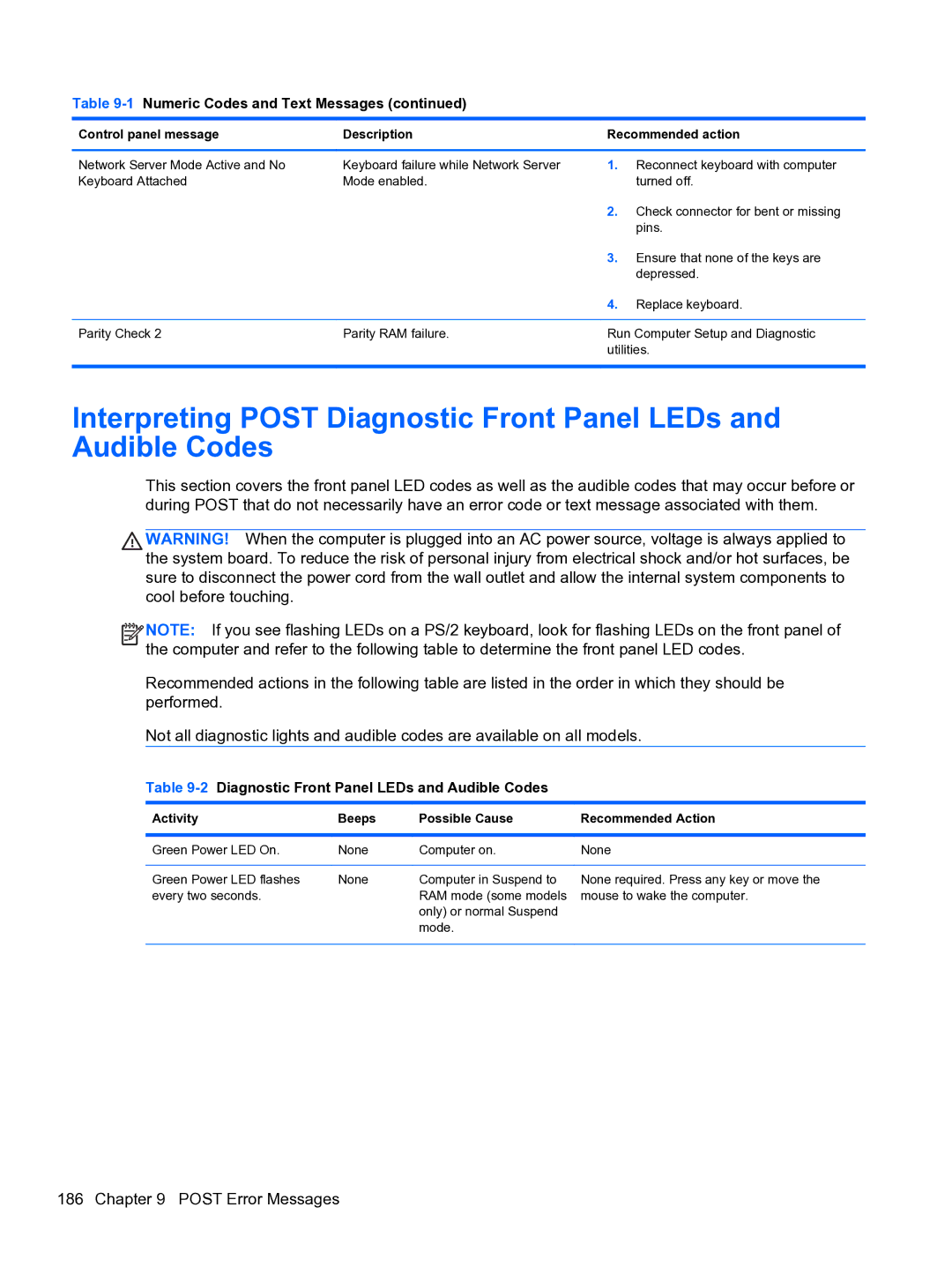
Table 9-1 Numeric Codes and Text Messages (continued)
Control panel message | Description | Recommended action | |
|
|
|
|
Network Server Mode Active and No | Keyboard failure while Network Server | 1. | Reconnect keyboard with computer |
Keyboard Attached | Mode enabled. |
| turned off. |
|
| 2. | Check connector for bent or missing |
|
|
| pins. |
|
| 3. | Ensure that none of the keys are |
|
|
| depressed. |
|
| 4. | Replace keyboard. |
|
|
| |
Parity Check 2 | Parity RAM failure. | Run Computer Setup and Diagnostic | |
|
| utilities. | |
|
|
|
|
Interpreting POST Diagnostic Front Panel LEDs and Audible Codes
This section covers the front panel LED codes as well as the audible codes that may occur before or during POST that do not necessarily have an error code or text message associated with them.
WARNING! When the computer is plugged into an AC power source, voltage is always applied to the system board. To reduce the risk of personal injury from electrical shock and/or hot surfaces, be sure to disconnect the power cord from the wall outlet and allow the internal system components to cool before touching.
![]()
![]()
![]() NOTE: If you see flashing LEDs on a PS/2 keyboard, look for flashing LEDs on the front panel of the computer and refer to the following table to determine the front panel LED codes.
NOTE: If you see flashing LEDs on a PS/2 keyboard, look for flashing LEDs on the front panel of the computer and refer to the following table to determine the front panel LED codes.
Recommended actions in the following table are listed in the order in which they should be performed.
Not all diagnostic lights and audible codes are available on all models.
Table 9-2 Diagnostic Front Panel LEDs and Audible Codes
Activity | Beeps | Possible Cause | Recommended Action |
|
|
|
|
Green Power LED On. | None | Computer on. | None |
Green Power LED flashes | None | Computer in Suspend to |
every two seconds. |
| RAM mode (some models |
|
| only) or normal Suspend |
|
| mode. |
None required. Press any key or move the mouse to wake the computer.
